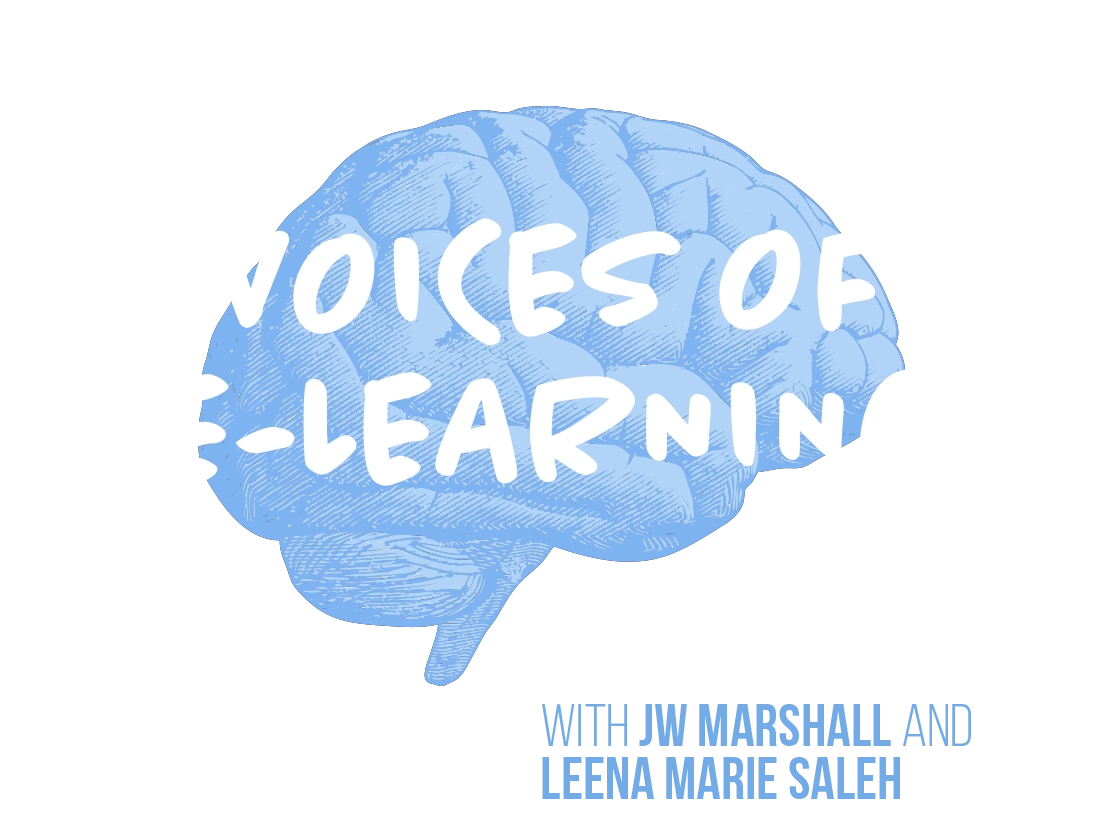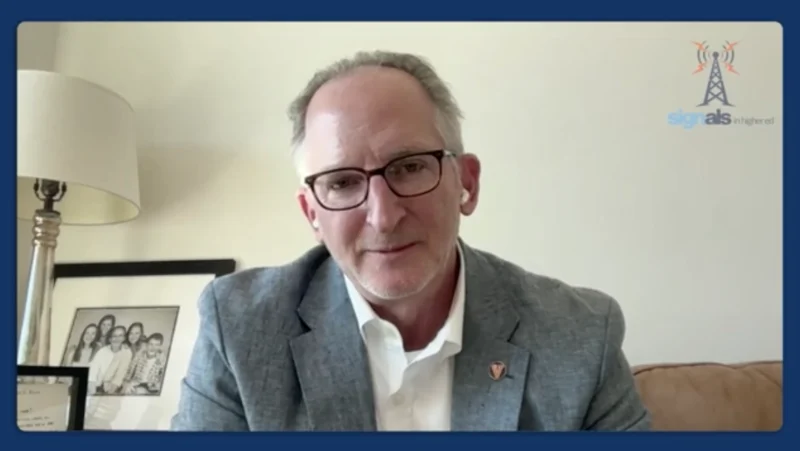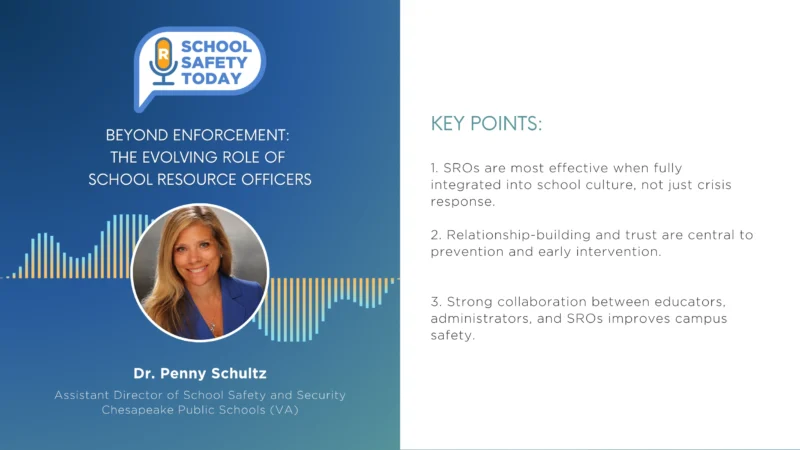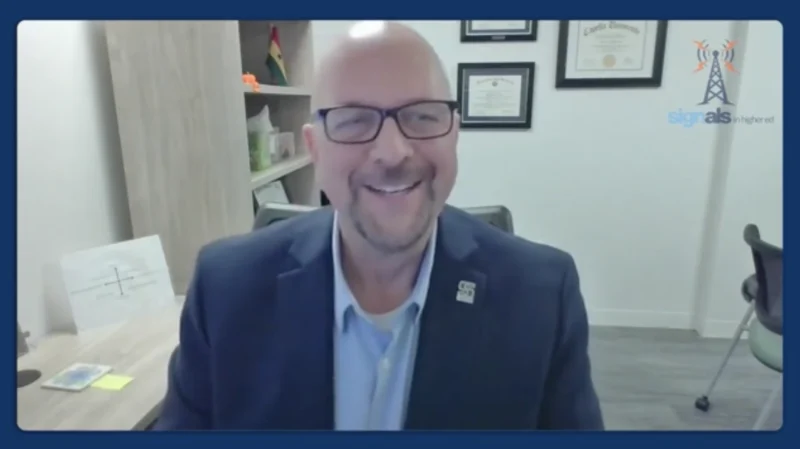Voices of E-Learning: Leveraging Technology to Support Student Mental Health
Over the last ten years, schools have seen rising rates of students reporting of poor mental health. According to the CDC, more than 1 in 3 high school students had experienced persistent feelings of sadness or hopelessness in 2019, a 40 percent increase since 2009. Additionally, approximately 1 in 6 youth reported making a suicide plan in the past year, a 44% increase since 2009.
Jeff Patterson, Founder and CEO of Gaggle, is leveraging technology to help students who are in crisis states. Gaggle is a program that skims school emails and associated documents and alerts the administrators if there are any warning signs of crises. The program also scans for signs of threats to another student or abuse in the home.
With COVID-19, reports of struggling students have only increased. “It’s important to know that kids are a couple of years behind on their social development. They don’t know how to regulate their emotions and their feelings and to resolve conflict. So, we need to help work on those topics and how to sort of moderate themselves,” said Patterson. Social and emotional learning curriculums and concepts are a good place to start. Even though the programs have faced controversy, most can agree that emotional intelligence is important.
Gaggle provides an early warning system to identify students in crisis and helps protect nearly 6 million students. Its critical to get school administrators involved from an early time when students are facing crisis. Aside from family members, they have almost daily interactions and can help set up interventions when necessary. They’re key players in offering the support necessary to mitigate negative outcomes of poor mental health.
Patterson has been working as an entrepreneur for his entire career, with the exception of one year. Today, he posts edtech jobs for teachers looking to make a transition. Patterson is also a mentor for other entrepreneurs and encourages those interested to connect.




